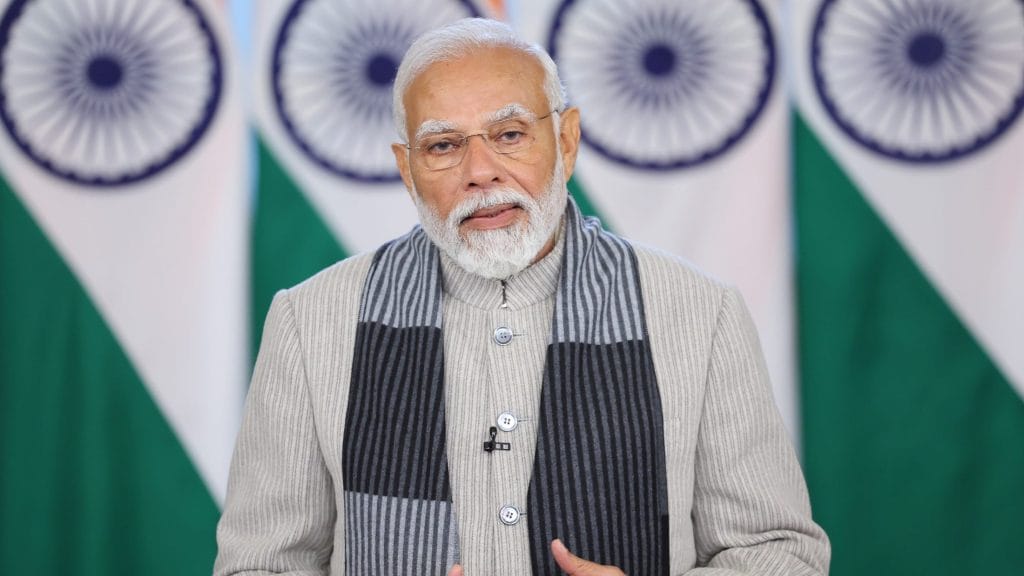Prime Minister Narendra Modi distributed the appointment orders to 1930 new government recruits across various departments under Rozgar Mela and handed over sanction letters to beneficiaries of various welfare schemes during his Goa visit on Tuesday.
“Even though Goa is small in area and population”, the Prime Minister said, “It is socially diverse and people of different societies and religions have been coexisting in peace for several generations.” He highlighted the mantra of Sabka Saath Sabka Vikas and lauded the spirit of the people of Goa who have always given a befitting reply to those trying to harm the harmony of the state.
The Prime Minister touched upon the Matsya Sampada Yojna in this year’s budget and said that it will further bolster assistance and resources to the fishermen community, thereby boosting seafood exports and the income of fishermen. He further added that such efforts create lakhs of job opportunities in the fisheries sector.
India Energy Week 2024
In yet another step in the direction of energy enhancement, the India Energy Week 2024 is also taking place from February 6 to 9 in Goa. It will be India’s largest and only all-encompassing energy exhibition and conference, bringing together the entire energy value chain, and will catalyze India’s energy transition goals.
Encouraging and fostering startups and integrating them into the energy value chain will be an important focus for India Energy Week 2024. It is expected to witness the participation of around 17 Energy ministers from different countries, 35,000+ attendees and more than 900 exhibitors. It will have six dedicated country pavilions viz Canada, Germany, Netherlands, Russia, UK and USA. A special Make in India Pavilion is also being organised to showcase innovative solutions which Indian MSMEs are spearheading in the energy sector.
ONGC Sea Survival Centre
ONGC Sea Survival Centre has been developed as a one-of-a-kind Integrated Sea Survival Training Centre to advance the Indian sea survival training ecosystem to global standards. It is expected to train 10,000-15,000 personnel annually.
Exercises in simulated and controlled harsh weather conditions shall enhance the sea survival skills of trainees and thus potentially increase the chances of safe escape from real-life disasters.

